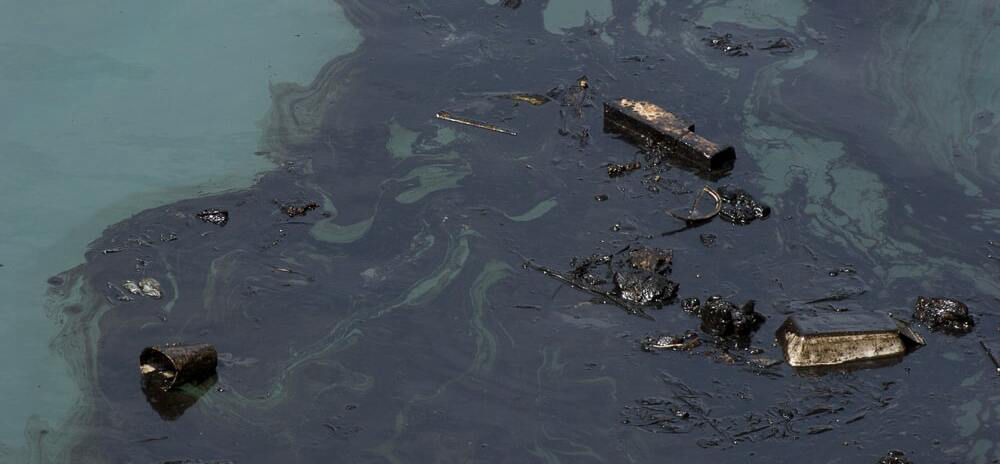
Consequences for Our Oceans and Marine Life

Here, at Oil Recoveries we provide safe removal of all kinds of marine waste, including spent oils, fuels, ropes, wastewater, and bilge. We understand the importance of proper waste management and the impact it can have on the marine ecosystem. With our expertise in this field, we ensure that all waste is removed and disposed of in an environmentally friendly manner, adhering to all relevant regulations and guidelines. Our commitment to the environment and sustainable waste management is what sets us apart from other waste management companies.
Contact us today to learn more about how we can help you with your marine waste removal needs.
Follow Us on Instagram